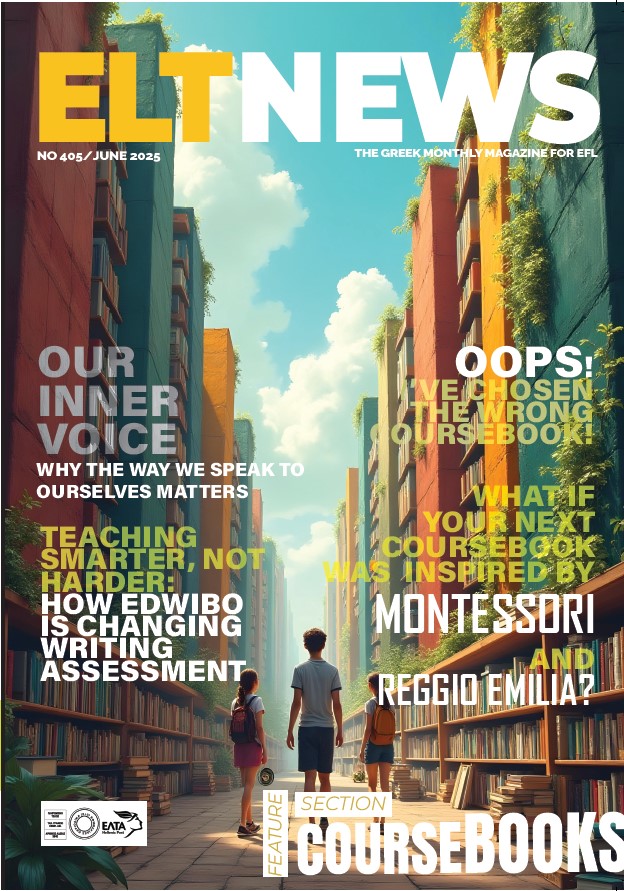Beyond the Coursebook: Rediscovering the Joy of Learning
Walk into any classroom and chances are you’ll find a coursebook on every student’s desk. For decades, these books have been the backbone of education—structured, reliable, and easy to follow. Teachers lean on them for guidance, students rely on them for direction, and school systems value them for their consistency. But as the world shifts rapidly around us, one question grows more urgent: is following the coursebook enough?
To go beyond the coursebook doesn’t mean abandoning it altogether, but recognizing its limitations. Coursebooks are designed to serve the widest possible audience, often resulting in a flattened approach to context, culture, and creativity. In today’s globalized, fast-evolving world, covering content is no longer enough—we must uncover curiosity, nurture critical thinking, and empower learners to become independent, inquisitive thinkers.
Let’s be clear: this isn’t a call to discard textbooks. Coursebooks still offer structure, outline key concepts, and provide a steady path through the school year. But overreliance turns learning into a checklist—something to get through, rather than something to engage with. Real learning lives beyond that.
Every learner enters the classroom with their own questions, passions, and strengths. Coursebooks, by design, are written for the “average” student—but the truth is, there’s no such thing. No two learners are alike, and a rigid one-size-fits-all approach can hold them back. It leaves little room for individuality or authentic curiosity.
Take language learning, for example. Many of us recall the familiar dialogues: “What’s the weather like today?” or “I’d like a table for two.” But is this how we really learn to speak a language? Hardly. Real language is emotional, spontaneous, and culturally rich. To connect meaningfully with it, students need authentic content—films, songs, stories, interviews—that reflect how people truly live and speak.
And it’s not just languages. In subjects like science, technology, and social studies, knowledge evolves at breakneck speed. Coursebooks can quickly become outdated. That’s why integrating current events, podcasts, documentaries, and real-world case studies is so powerful. It breathes life into lessons and shows students that what they learn has real-world relevance.
But perhaps the most important reason to go beyond the coursebook is this: today’s learners don’t just need to remember information—they need to think. To question. To create. While coursebooks often guide students to a single “correct” answer, life doesn’t work that way. Our classrooms must become spaces where learners explore multiple perspectives, solve open-ended problems, and wrestle with complexity. That’s where deep, transformative learning begins.
Of course, no one expects teachers to reinvent the wheel. They already juggle countless demands. But giving them the flexibility to adapt materials, integrate diverse resources, and follow their students’ interests can turn lessons into conversations rather than just instructions. It makes learning feel alive.
Technology can support this shift. With digital tools, teachers can personalize instruction, offer timely feedback, and connect learners with voices and stories from around the globe. But technology is just the means—the magic lies in the teacher’s vision: how they use those tools to spark curiosity, build trust, and guide discovery.
Ultimately, going beyond the coursebook means returning to the heart of education. It’s not about finishing units or teaching to the test. It’s about helping students grow—not just as learners, but as thinkers, communicators, and compassionate citizens. It’s about lighting a fire, not filling a bucket.
Yes, the coursebook has its place. But it’s only one part of the journey. When we step beyond it, we open the door to deeper learning, richer conversations, and a more human connection to the world. That’s the kind of education students deserve—and the kind that prepares them for whatever lies ahead.

